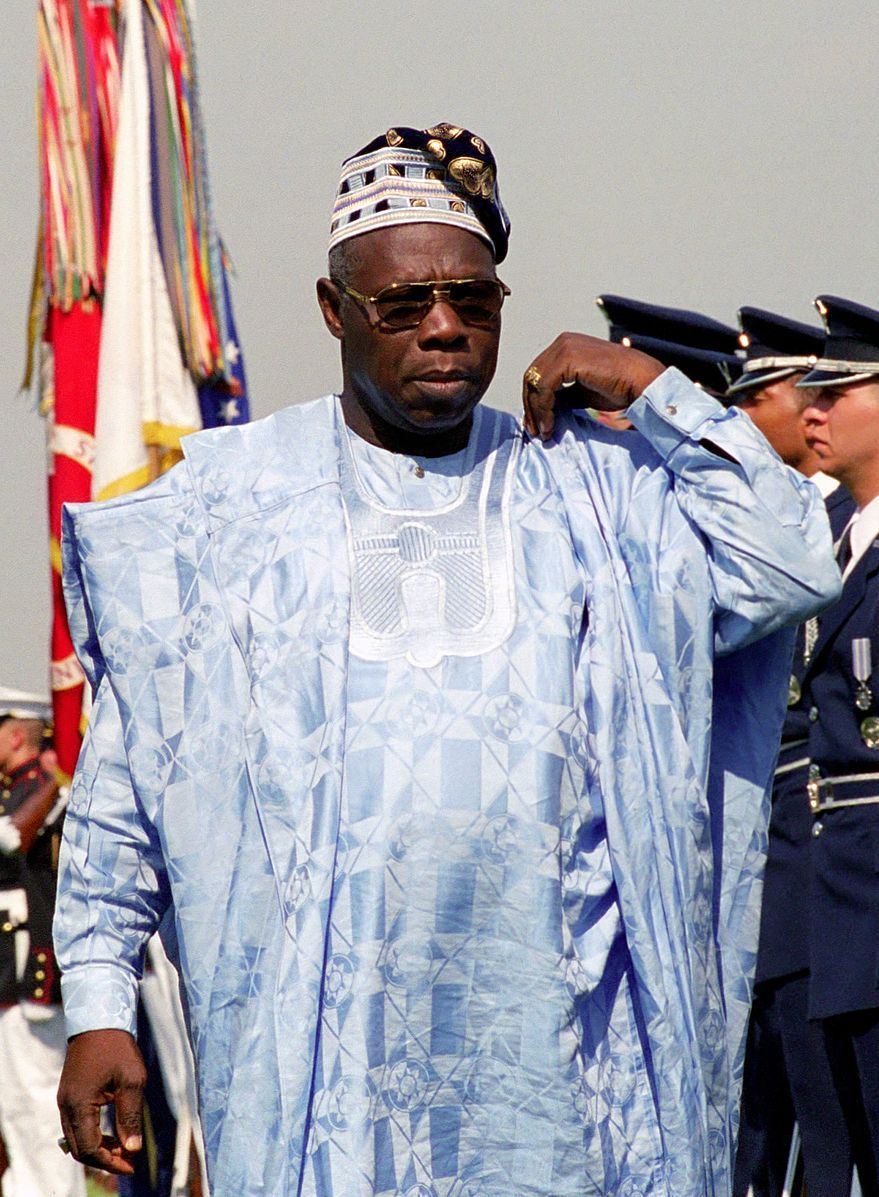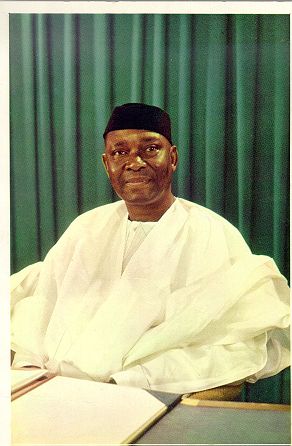Muhammadu Buhari: A Tenacious Leader Guiding Nigeria through Turbulent Times
Muhammadu Buhari, Nigeria's eleventh president, has played a crucial role in the nation's political landscape, particularly in recent years. Assuming office in 2015 and reelected in 2019, Buhari has faced numerous challenges, including security threats, economic difficulties, and governance issues. This article explores Buhari's life, his political journey, and the key initiatives and challenges he has encountered during his tenure. From his unwavering stance against corruption and commitment to security to his efforts to revitalize the economy and strengthen Nigeria's international standing, Buhari's leadership reflects resilience in the face of adversity.
Early Life, Military Career, and Political Beginnings: Muhammadu Buhari was born on December 17, 1942, in Daura, Katsina State, Nigeria. He had a distinguished military career, rising to the rank of Major General. Buhari first assumed leadership of Nigeria as head of state after a successful coup in 1983 but was overthrown in another military coup the following year.
After his retirement from the military, Buhari ventured into politics, contesting presidential elections in 2003, 2007, and 2011 before eventually securing victory in 2015.
Anti-Corruption Drive and Governance Reforms: One of the defining features of Buhari's presidency has been his commitment to fighting corruption. He launched a vigorous anti-corruption campaign, making it a central pillar of his administration. Buhari established the Presidential Advisory Committee Against Corruption (PACAC) and intensified the activities of anti-corruption agencies such as the Economic and Financial Crimes Commission (EFCC). The government's anti-corruption efforts have resulted in the recovery of significant sums of money and the prosecution of high-profile individuals implicated in corrupt practices.
Buhari's administration also implemented governance reforms aimed at improving transparency and accountability. Initiatives such as the Treasury Single Account (TSA), aimed at consolidating government funds into a single account, have helped curb corruption, reduce leakages, and enhance fiscal discipline.
Security Challenges and Counterterrorism Efforts: One of the most pressing challenges Buhari has faced during his presidency is the issue of security. Nigeria has grappled with various security threats, including the Boko Haram insurgency in the northeast, communal conflicts, and banditry in different regions of the country. Buhari has made concerted efforts to address these challenges, launching military operations and fostering regional cooperation.
Under Buhari's leadership, the Nigerian military has recorded significant successes in the fight against Boko Haram. The government has also embarked on initiatives to address the root causes of insecurity, such as youth unemployment and poverty, through social intervention programs and economic empowerment schemes.
Economic Reforms and Diversification: Buhari's administration has made efforts to revitalize Nigeria's economy and promote diversification. Recognizing the overreliance on oil revenues, the government has prioritized agricultural development, mining, and other non-oil sectors. The Anchor Borrowers' Program, a government initiative to provide credit facilities and support to smallholder farmers, has contributed to increased agricultural productivity and food security.
Furthermore, the administration has pursued infrastructure development projects, such as road construction, railway modernization, and power sector reforms, to enhance connectivity and stimulate economic growth.
Challenges and Ongoing Efforts: Despite the progress made during Buhari's presidency, challenges persist. Nigeria continues to grapple with security threats, economic disparities, and governance issues. Efforts to combat corruption and strengthen institutions require sustained commitment and vigilance.
Muhammadu Buhari's tenure as Nigeria's eleventh president has been characterized by resilience in the face of challenges. His unwavering commitment to fighting corruption, addressing security threats, and revitalizing the economy reflects his determination to guide Nigeria toward a brighter future. While challenges remain, Buhari's leadership exemplifies a tenacious spirit in the pursuit of stability, progress, and the well-being of Nigerians. As the nation continues its journey, the ongoing efforts to combat corruption, enhance security, and promote economic diversification serve as reminders of the enduring commitment to building a prosperous and inclusive Nigeria.



